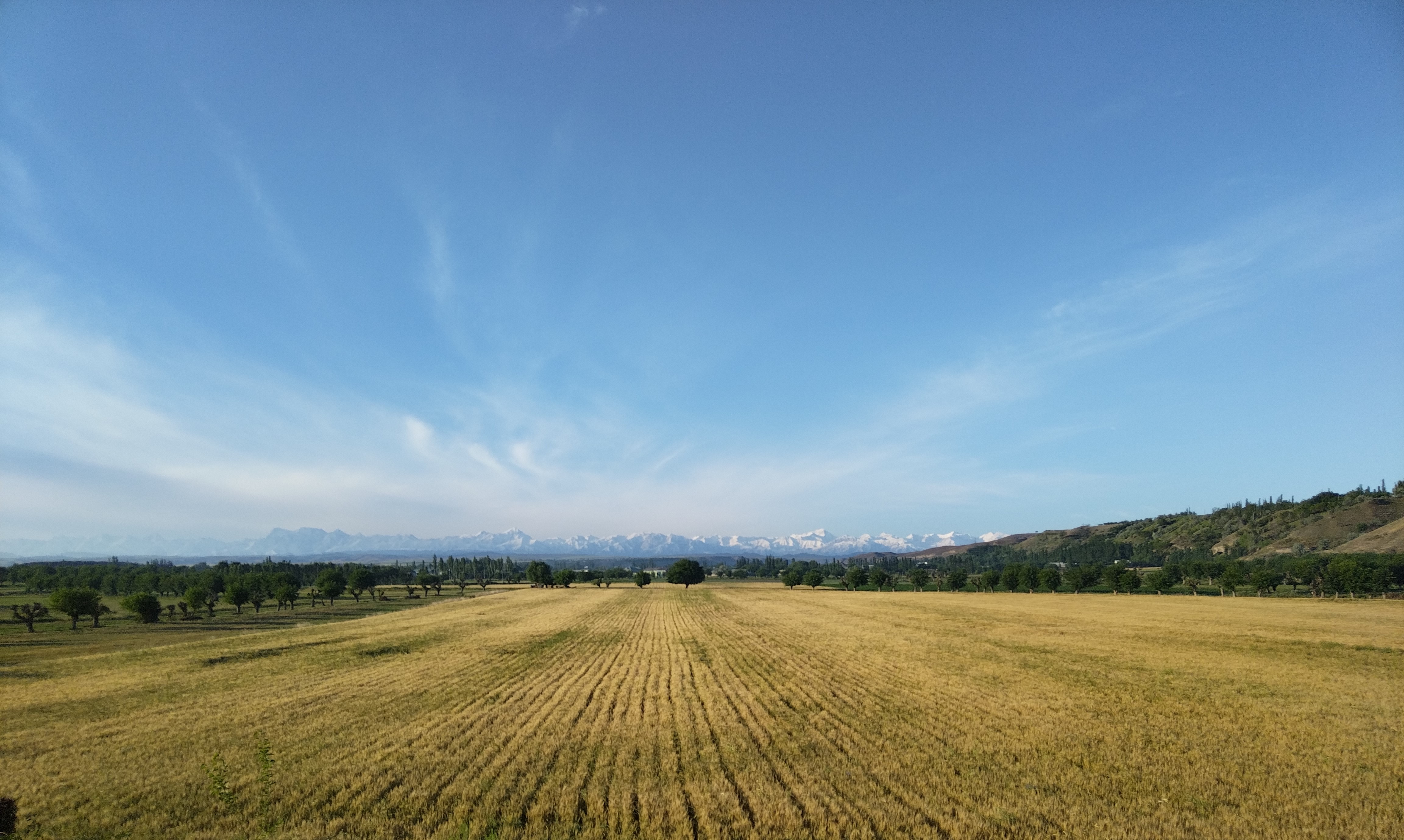
Adopted Declaration
Declaration
on the Sustainable Transformation of Agrifood Systems in Landlocked Developing Countries (LLDCs)
Preamble
We, the government representatives of Landlocked Developing Countries (LLDCs) , European Union along with representatives of international organizations, private sector, civil society organizations and other relevant stakeholders, have assembled at the International Forum of Landlocked Developing Countries on Food Security and the Sustainable Development Goals (SDGs) held in Tashkent, Uzbekistan, on 5-6 September 2024;
We are convinced that transforming agrifood systems requires concerted action and effective international efforts, we hereby make the following declaration:
We, the participants of this Forum, hereby adopt this Declaration as a guiding document for our collective efforts to transform agrifood systems in Landlocked Developing Countries. We pledge to work together in partnership with all relevant stakeholders to accelerate the implementation of the initiatives/commitments outlined in this Declaration, with the aim of achieving the Sustainable Development Goals- particularly SDGs 1, 2 and 10- and improving the livelihoods of people in LLDCs, with a special emphasis on the most vulnerable groups such as women and youth.
We request the Government of Uzbekistan to share this Declaration with relevant United Nations bodies and other key stakeholders for further action as well as in relevant intergovernmental processes, such as the Third United Nations Conference on Landlocked Developing Countries" (LLDC3), to be held in Gaborone (Botswana), from December 10-13, 2024, to ensure that agrifood systems transformation remains a priority in these processes and subsequent action plans.
Adopted/Issued in Tashkent, Uzbekistan, on 5 September 2024